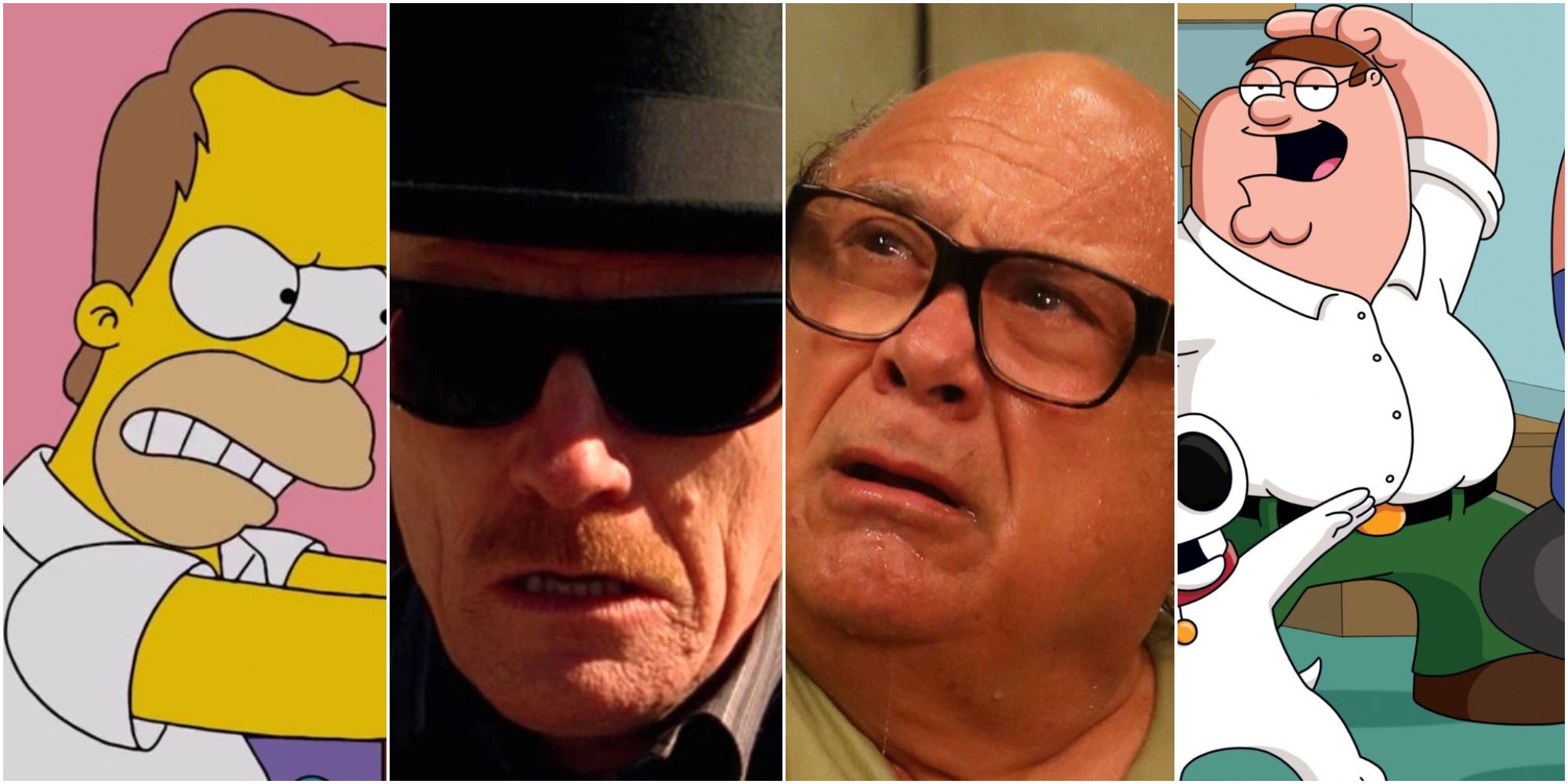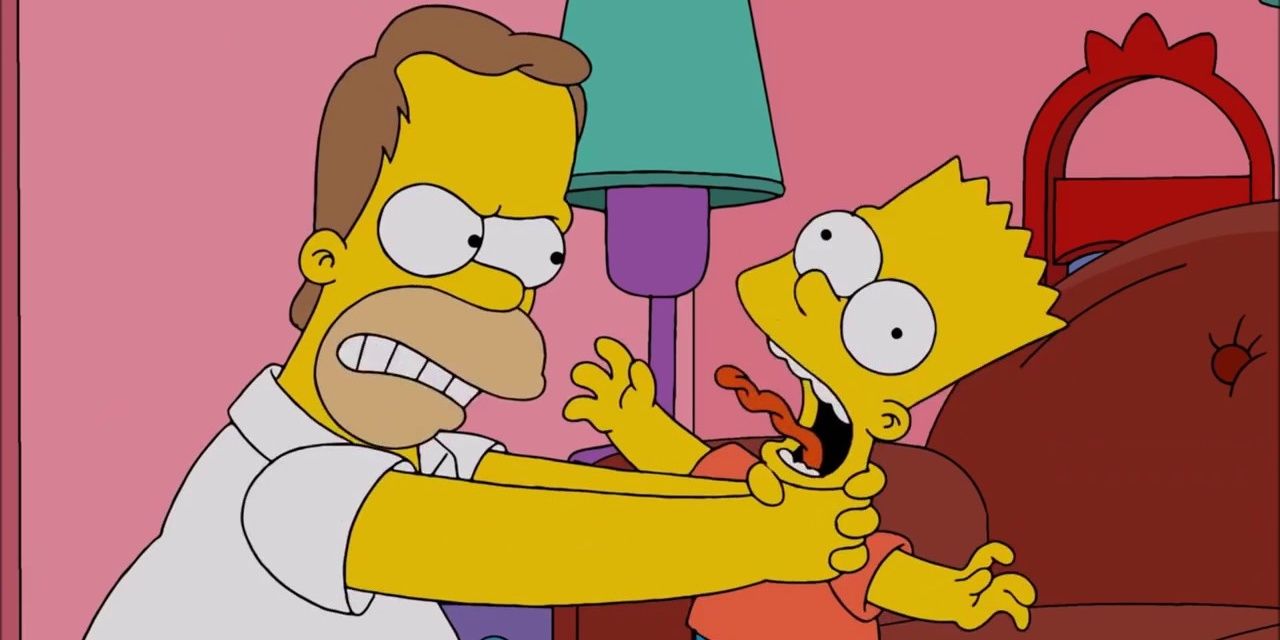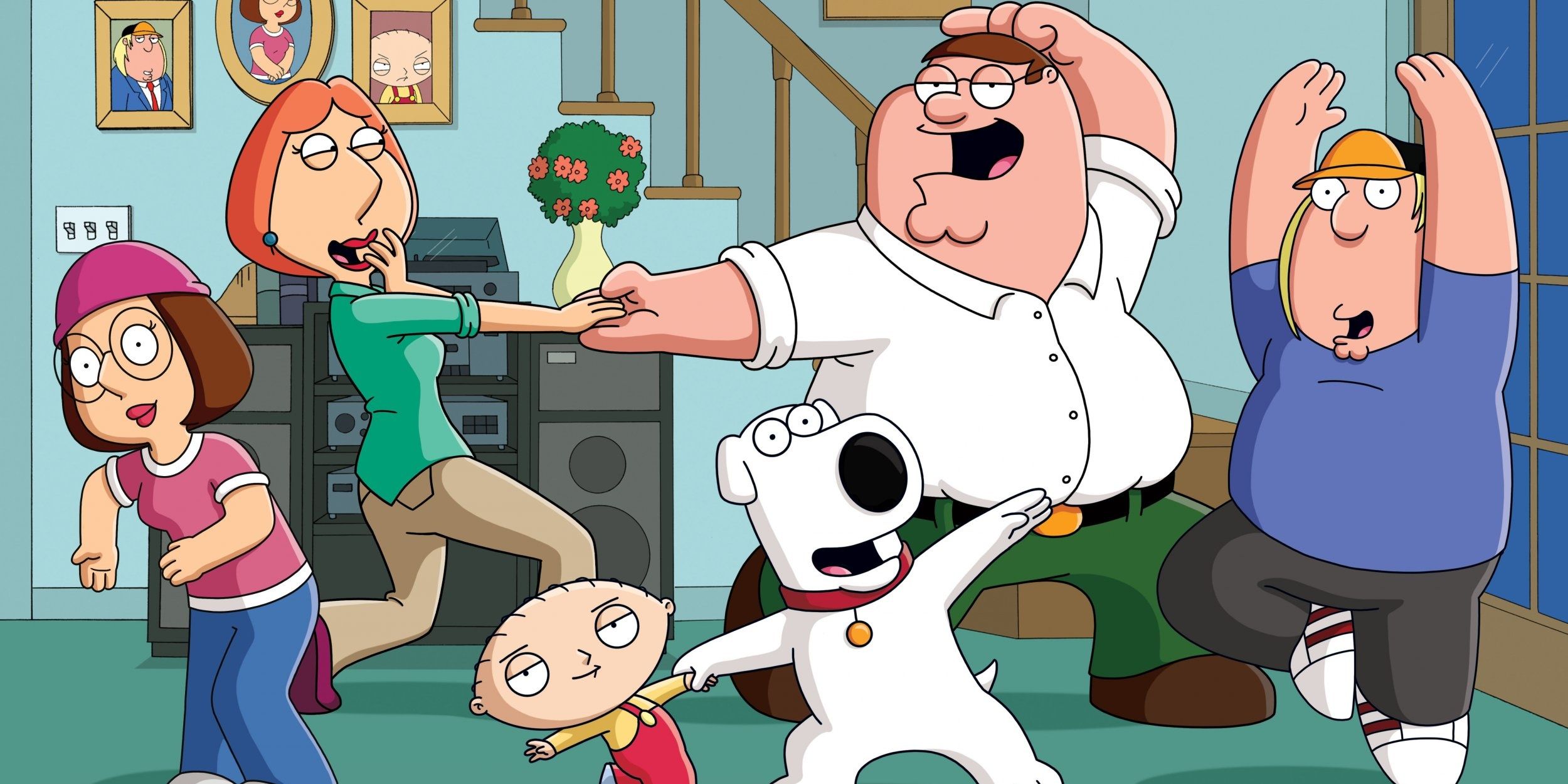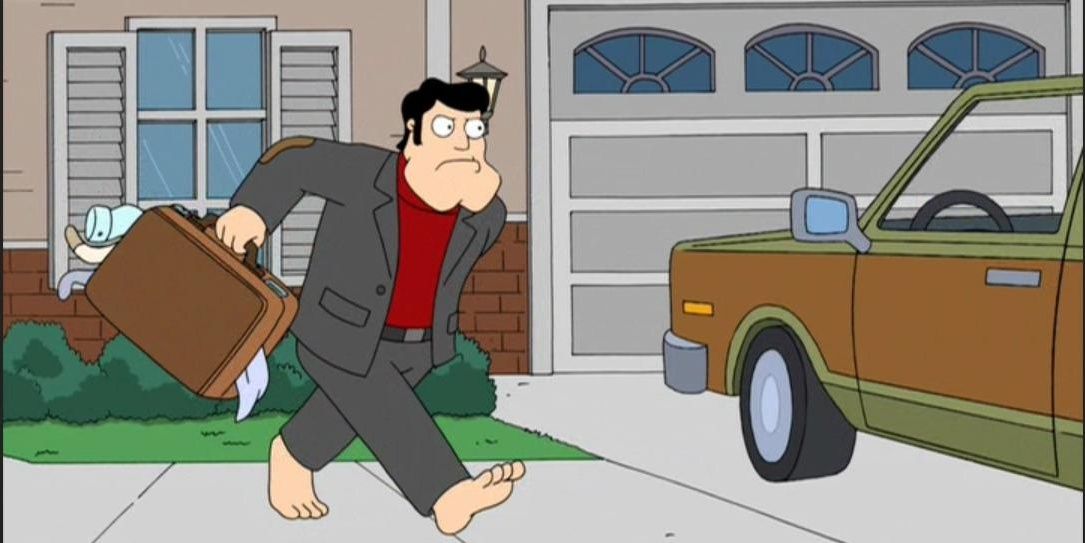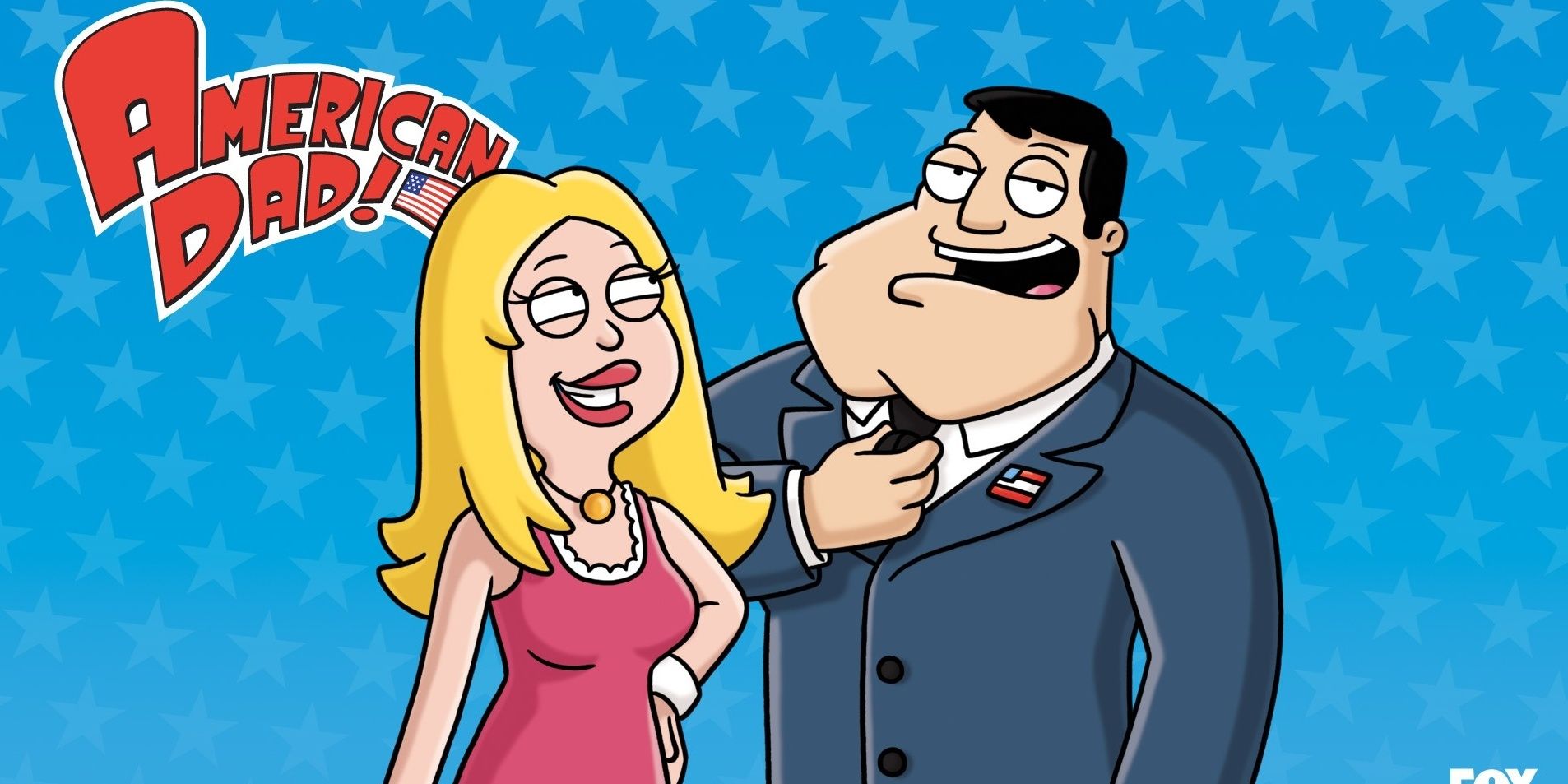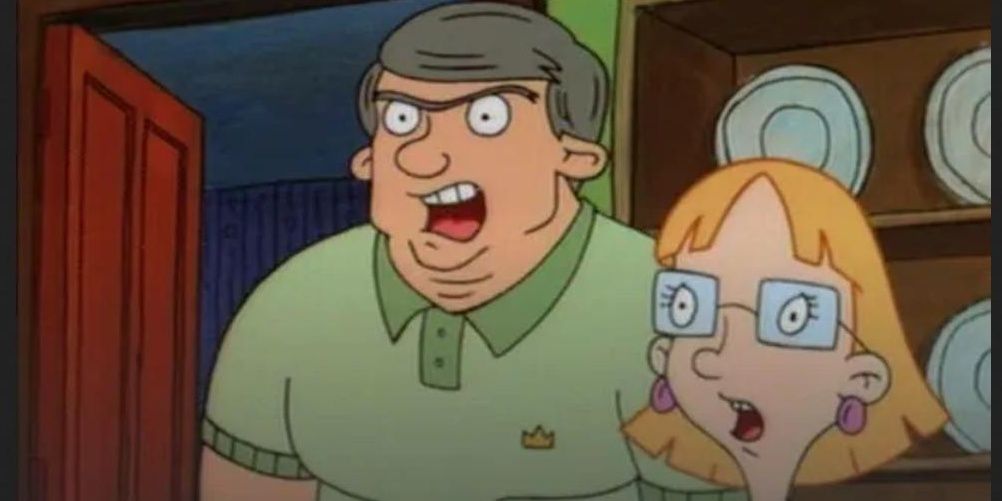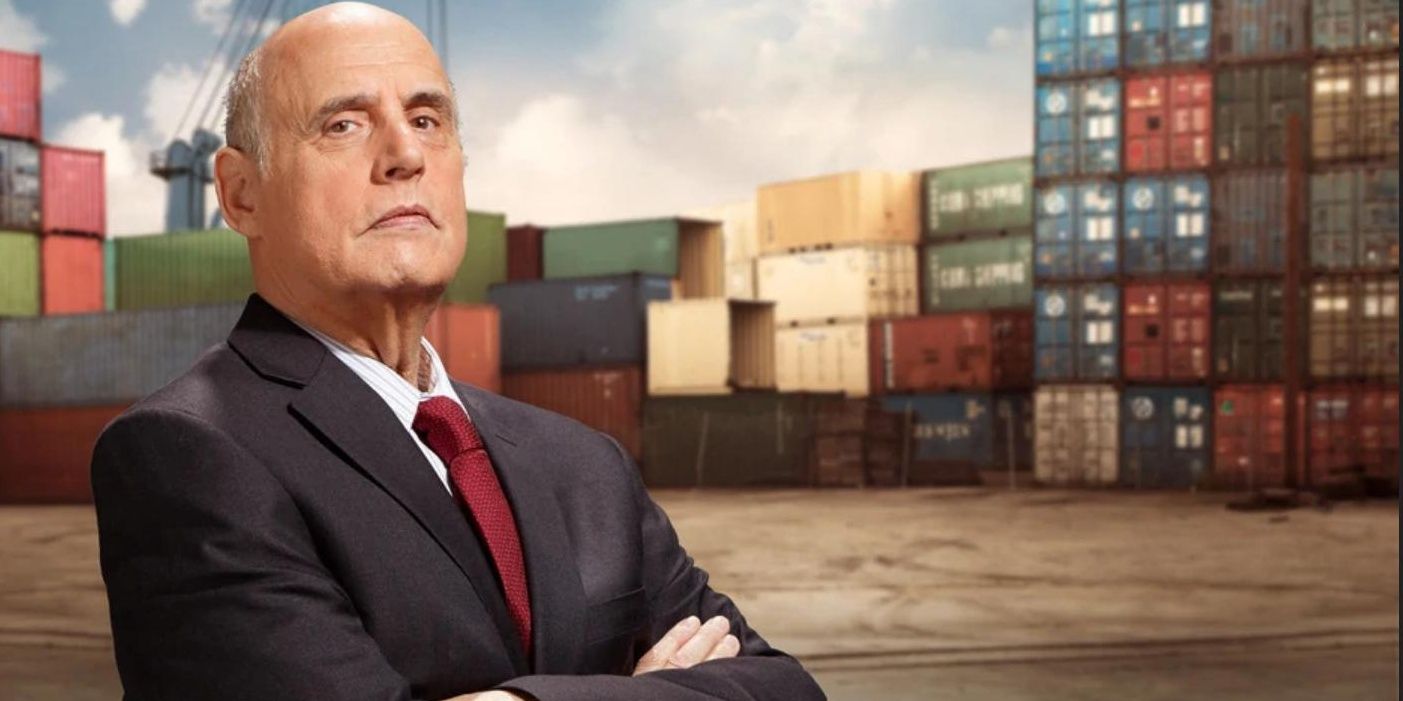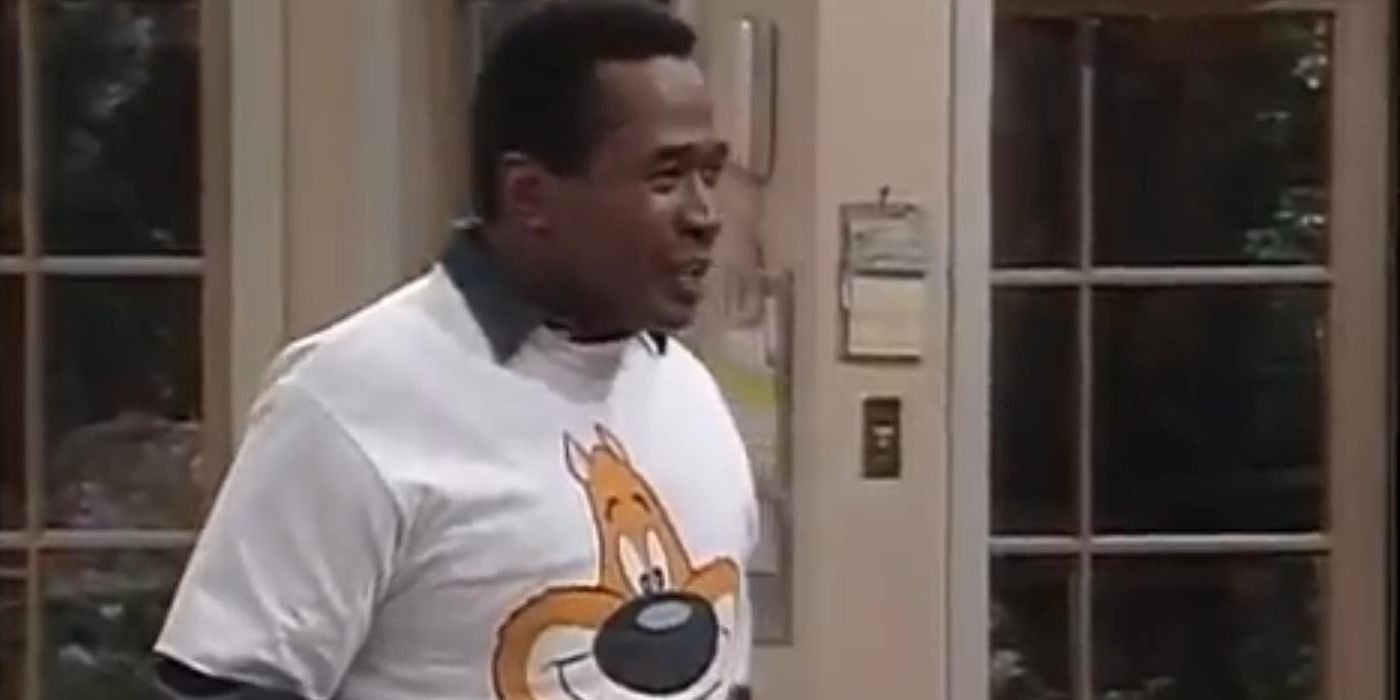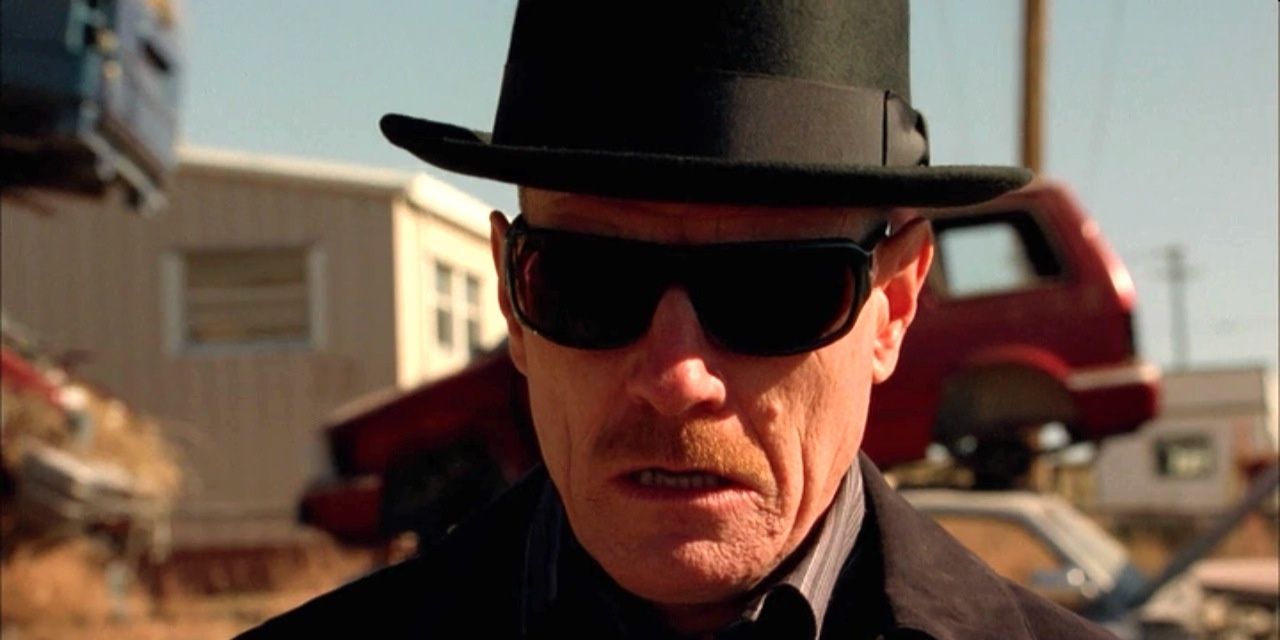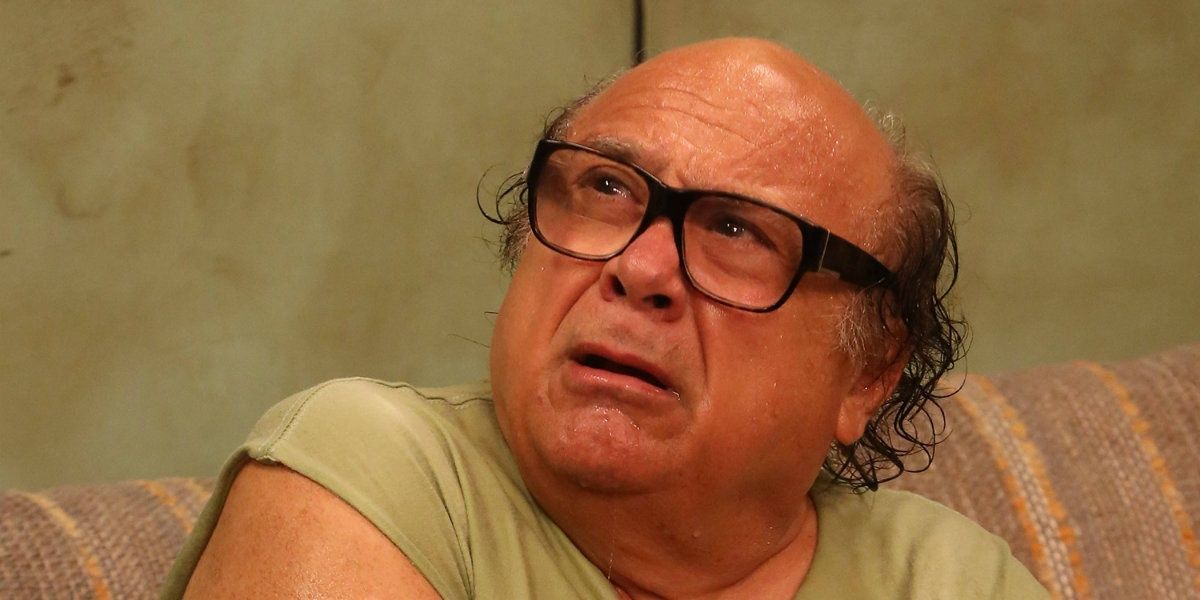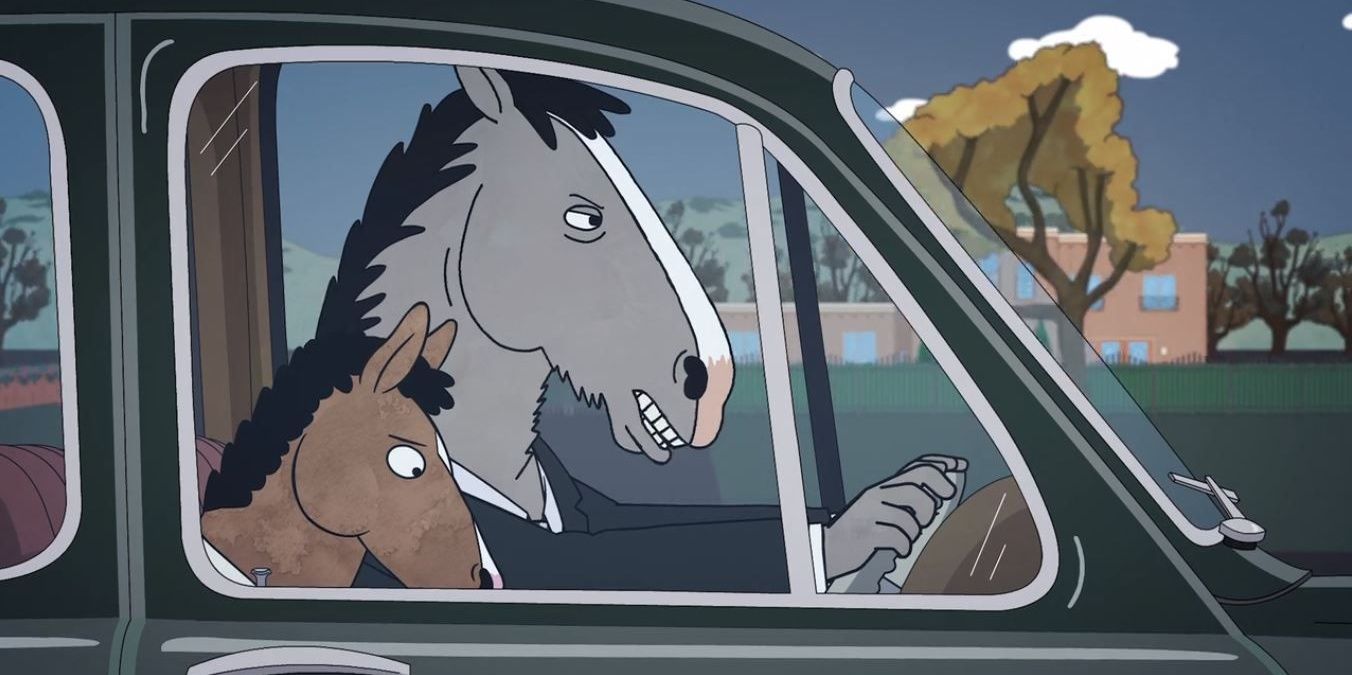Television has given us some unforgettable examples of great fathers. Philip Banks, Phil Dunphy, and Bob Belcher have taught viewers that fatherhood means sacrifice, loyalty, understanding, and a lot of patience. They have inspired men everywhere to be better fathers and made others feel safe and understood. Unfortunately, this myth has skewed negative, leading to the proliferation of evil fathers on screen.
The TV screen remains the biggest reflection of how society sees itself, and the rise in the portrayal of good and bad fathers on screen in recent years is here to tell us something.
Homer Simpson
Homer Simpson was the first of many bad fathers on TV. Prior to Homer, 80s television was well-known for portrayals of great fathers. The Cosby Show, Full House, Diff' rent Strokes, The Jetsons, Happy Days and more glorified fatherhood as an identity worth nurturing.
Originally a moronic but loving father in earlier seasons, Homer soon became a caricature of himself. Without his signature kindness, and willingness to learn for the sake of his family, Homer quickly became cruel, abusive, and desperately self-absorbed. Scenes of him choking Bart or neglecting Lisa soon became a lazy way for the writers to get cheap laughs from audiences.
Peter Griffin
Ten years after viewers were introduced to The Simpsons (1989), Family Guy aired. Family Guy would take the portrayal of bad fathers to a formerly unseen level. In essence, Peter Griffin was a projection of every sick distortion of fatherhood at a time.
One of Peter's most well-recognized acts of evil would be his extreme abuse of his daughter, Meg. Through Peter, Seth MacFarlane encouraged audiences to see fathers as an all-evil, non-redemptive persona whose very presence gave him the familial right to abuse his children, especially his daughter.
Jack Smith
Jack Smith is Stan Smith's father in American Dad!. To put it lightly, he is the reason Stan Smith became the messed up, repressed man he is today. Jack abandoned his wife and son while Stan was a child, and Stan never recovered from this.
To make matters worse, Jack is a jewel thief. When Jack drops back in on Stan decades later, he pretends to bond with his son. Later, Stan realizes that his dad had only returned to use him in a jewel heist. Stan is once again betrayed and abandoned by his father. In later episodes that feature Jack, Stan is never able to trust his father, and, as a result, is a terrible father to his own children.
Stan Smith
Stan Smith is the patriarch of American Dad!. Following his predecessors, Peter Griffin and Homer Simpson, Stan is an awful father to his children. He is self-aware enough to admit that his biggest flaw is his refusal to learn lessons from past events of his life.
Stan dislikes and rejects his children for their refusal to repress their feelings. As a father, he constantly rejects his son, Steve, who cries a lot, likes sci-fi, and shares a close relationship with his male friends. He dislikes his daughter even more for her love of socialism,and her free-spiritedness. Stan's obsession with order and conformity stems from his abandonment issues. Unfortunately, he projects his trauma unto his children.
Big Bob Pataki
Helga Pataki is Hey Arnold!'s most memorable character. A bully who is disliked by most children at her school, Helga is severely abused by her father, Big Bob Pataki. Bob is so awful, he has also driven his wife into alcoholism. The king of beepers takes pride in his business success while neglecting Helga completely.
He never remembers Helga's name, referring to her as her older sister, Olga: the family's golden child. He does not know how old his daughter is, neither does he take part in activities that interest her. Consequently, Helga develops an obsession with Arnold, the only person who has ever shown her any kindness in life.
George Bluth
George Bluth is the narcissistic father of the Bluth family in Arrested Development. George created a scapegoat out of one of his children, Gob. He neglects, abuses, and avoids Gob. Furthermore, he manipulates Gob, giving him false validation when he needs his son to break the law to cover up his own crimes.
George only loves his children to the extent to which they can do things for him or make him look good. As a result, three out of four of his children suffer crippling low self-esteem, a mental state exacerbated by George deliberately traumatizing his young children as punishment for yelling.
Lou Smith
Lou Smith abandoned Will Smith and his mother when Will was four-years-old. Not only did he leave an emotional gap in the family, but he also left his wife and child to struggle financially. Lou returns fourteen years later to beg for Will's forgiveness and to reconcile with his family.
However, Lou's arrival causes tension, as only Will believes his father has changed. After booking a summer trip together working as truckers, Lou abandons Will again. In one of TV's most heart-wrenching moments, Will asks Uncle Phil, "why he don't want me, man?"
Walter White
As far as drug dealer fathers go, Walter White is one of the worst. At the beginning of the series, Breaking Bad, it is revealed that Walt Jr. is closer to his uncle, Hank, than his father. When Walt Jr. sets up a charity account to raise money for his dad's chemotherapy treatments, Walter feels this is beneath him. Instead, he uses the donation website his son created to launder his drug money. Even worse, Walter drives a wedge between Walt Jr and his mother, Skyler, after the two separate due to Walter's horrific behavior.
For having a good heart, Walt. Jr suffers the fate of his dad loving him less than he loves his drug partner, Jesse.
Frank Reynolds
Frank Reynolds is a horrible "ugly old man" whom no one likes, according to his son, Dennis Reynolds. Frank consistently calls his daughter unattractive, unintelligent and untalented. Acting as his son's pimp in one episode, he emotionally and physically batters his son to keep him easily-controlled.
As children, Frank would buy the twins their most wanted Christmas toy for Christmas, then smash it up in their presence, for his sadistic pleasure. He additionally removed his children from his health insurance policy for decades without letting them know. To prove to his daughter that he is not old, he deceives his children and their friends into digging up the graves of their dead mother.
Butterscotch Horseman
After young Bojack makes Butterscotch a Father's Day card, Butterscotch slaps him and verbally abuses him, telling him that he is not good enough. This is just the tip of the iceberg of Butterscotch's abuse towards his little boy. As a failed artist who dreamed of becoming the next great working-class writer, Butterscotch takes out his failures on his wife and son. "You can't depend on anyone," Butterscotch teaches the young horse.
When Bojack catches his dad cheating on his mom, Butterscotch gives him his first alcoholic drink to gaslight him into forgetting what he saw. Bojack would later become an alcoholic and drug addict whose alcoholism and trauma would destroy his family, friends, and career forever, almost costing him his life in the process.

